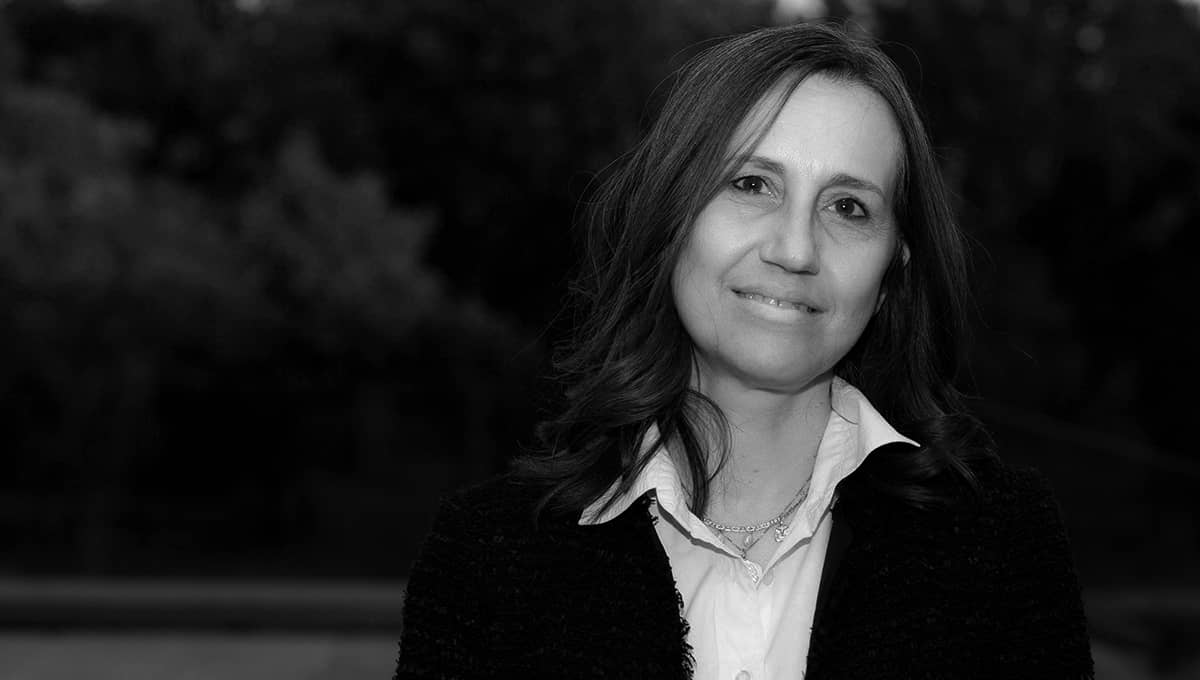5pm > Lilie Chouliaraki | Populism and Victimhood in Covid-19

THE POPULIST USES OF VICTIMHOOD IN COVID-19
Lilie Chouliaraki
in dialogue with Pierluigi Musarò
16 June –5 pm CET
English language
How did the rhetoric of populist leaders such as Trump, Johnson, Salvini, change so swiftly from addressing the body politic as a victim in need of protection — for instance from corrupt elites, bad Europe and evil immigrants — to now treating the pain of this body politic as, at best, heroic (‘our brave health workers’), and, at worst, non-existent or fake (‘the virus as bad flu’ or ‘the virus is a conspiracy’, ‘liberate Ohio’ etc)? What do these uses and slippages of victimhood mean for the way hegemonic populism engages with the body politic, distributes responsibility and legitimizes a particular social order in the age of the pandemic?
Attraverso quali modalità i discorsi di leader populisti come Trump, Johnson, Salvini sono riusciti a cambiare così rapidamente dal promuovere una narrazione del corpo politico come vittima bisognosa di protezione – dalle élite corrotte, dalla cattiva Europa e dagli immigrati criminali – al trattare il dolore di questo corpo politico come eroica (“i nostri coraggiosi operatori sanitari”) o inesistente o falsa (“il virus come cattiva influenza” o “il virus è una cospirazione”, “liberare l’Ohio” ecc)? Quale relazione tra questa risemantizzazione delle vittime e un populismo che si arroga il diritto di distribuire responsabilità e legittimare un particolare ordine sociale nell’epoca della pandemia?
Lilie Chouliaraki
London School of Economics and Political Sciences, UK
Lilie Chouliaraki is Professor of Media and Communications at the London School of Economics and Political Sciences, UK. Her research interests focus mainly on the ethical and political challenges of communicating human suffering in the media. She has published papers, essays and books on four main domains: disaster news; humanitarian campaigns and celebrity advocacy; war and conflict reporting and migration.
Lilie Chuliaraki è Professoressa di Media e Comunicazione presso la London School of Economics and Political Sciences, UK. I suoi interessi di ricerca si concentrano principalmente sulle sfide etiche e politiche della rappresentazione della sofferenza nei media. Ha pubblicato diversi articoli, saggi e libri su temi relativi alle disaster news, campagne umanitarie e pratiche di celebrity advocacy, reportage su guerre e conflitti, migrazione e asilo.
Pierluigi Musarò
Pierluigi Musarò is Associate Professor of Sociology at the University of Bologna, and Visiting Fellow at the IPK, New York University (USA), LSE (UK), Monash University (Melbourne). He is author of several books and papers in the field of migration, borders, human rights, media communication. He is President of the Italian NGO YODA (www.gruppoyoda.org) and founding Director of IT.A.CÀ_migrants and travellers: Festival of Responsible Tourism (www.festivalitaca.net). He is actually Principal Investigator of various European and international projects. Among others: “Atlas of Transitions”, “Investing in Welcoming Spaces in Europe: revitalizing shrinking areas by hosting non-EU migrants”, “Comparative Network on Refugee Externalisation Policies” (CONREP), “PERCEPTIONS”, “End Climate Change, Start Climate of Change”.
Pierluigi Musarò è professore associato presso l’Università di Bologna e research fellow presso IPK, New York University (USA), LSE (UK), Monash University (Melbourne). I suoi campi di studio sono: media, umanitario e migrazioni, arte e partecipazione politica, sviluppo sostenibile e turismo responsabile. Presidente dell’Associazione YODA (gruppoyoda.org) e Direttore di IT.A.CÀ_migranti e viaggiatori: Festival del Turismo Responsabile (festivalitaca.net). Attualmente coordina diversi progetti europei e internazionali tra cui: “Atlas of Transitions”, “Investing in Welcoming Spaces in Europe: revitalizing shrinking areas by hosting non-EU migrants”, “Comparative Network on Refugee Externalisation Policies” (CONREP), “PERCEPTIONS”, “End Climate Change, Start Climate of Change”.






